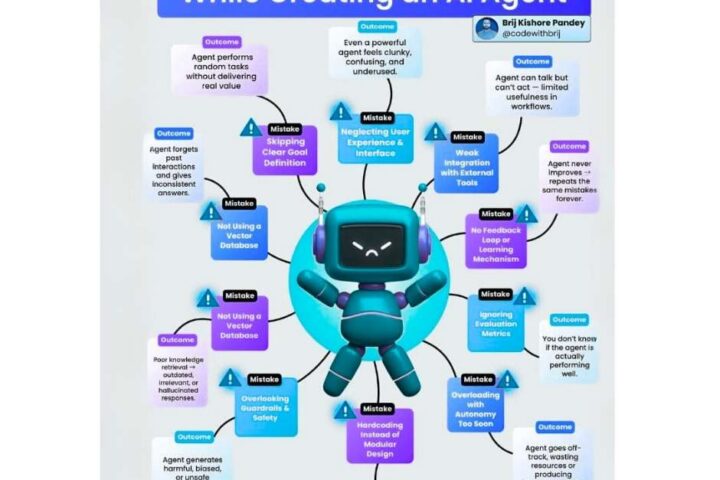The restaurant business is a treacherous one and it’s estimated that about 50% won’t make it past their third year. These might be tough numbers to hear if you’re just getting started or are preparing to.
You should know, however, that in many cases, competition or poor food are not the main reasons for failure. Business owners often make mistakes without realizing them because of things they’ve heard or preconceived ideas. Once you’ve shed those, you’ll be able to make much better decisions and increase your chances of making them. Here are some of the reasons so many restaurants fail and what you can do to prepare for them.
Unnecessary Equipment Purchases
Getting your money tied up in the latest pressure cooker or convection steamer isn’t necessarily going to translate into profits. Successful restaurant owners know how to make smart purchasing decisions and either repair, lease, or buy used equipment instead of getting lured by some flashy salesperson.
Before you think of buying any type of equipment, you should look to see if your current equipment can still be salvaged. Sometimes, all it takes is for one simple part to be replaced. If you want to know where to find parts, you can check out cooking equipment by mccombssupply. They have parts for virtually any piece of equipment that you can think of. They also have some of the best prices you’ll find anywhere whether it’s online or offline.
If you have an old piece of equipment that isn’t performing well, have it checked first. You can also look for troubleshooting tips online. If it’s too complex for you to repair yourself, you’ll still be able to save on a repair if you supply the parts.
Going Too Big Too Soon
This can take many forms. Some people just assume that they need to have a massive restaurant with a large dining area for it to work. You also have those who see this as a vanity project and like the idea of owning a glitzy spot in a happening part of town.
In reality, many of these fancy restaurants are bleeding money left and right, hence why so many end up mysteriously closing or under new management out of the blue.
If this is your first time owning a restaurant, it’s usually better to test the waters with a little hole in the wall. It might not be as fancy, but it’s much easier to manage. Don’t go crazy about the location either. With delivery apps these days, and the way consumer habits are shaping up, location is becoming less and less important. Focus on being somewhere that will give you access to as many high-density areas as possible while still offering you a good deal on rent.
Another way that owners go too big too soon is with their menu. Many new owners seem to think that they need to have the longest menu possible to attract clients. In reality, most people order the same things, and will rarely veer from the usual. Not only that, but by trying too many dishes at once, you risk missing the mark on many of them and getting bad reviews for it.
Another problem with having too many items on the menu is inventory management. As a new restaurant, you have no idea what will be a hit yet. You might end up with things that aren’t selling at all. If you overbought stock, some of it will go to waste. If something you didn’t expect ends up being popular, you might run out, and telling people that you don’t have something will reflect poorly on your brand and could lead to bad reviews as well.
Our advice would be to keep your menu as small and simple as possible. That doesn’t mean it has to be boring. Look at what your top competitors are doing and see how many items they have on their menu. This should give you an indication of how long yours should be. Stick to what you do best and what you want to be known for.
Not Diversifying
Another mistake is restaurants only sticking to serving regular patrons. There are so many ways that you can make money as a restaurant. One simple one would be to offer catering. Some will even rent some of their kitchen space for virtual restaurants or set up a second brand that only exists online.
Another option would be to sell signature products. If you’re known for one specific dish, or a part of the dish, like the sauces or even sides, then you could package these and sell them. They don’t necessarily have to be sold at supermarkets either. These can be sold from your restaurant in a different section. Some will also set up a refrigerated deli area where they sell various products. That could be a great way to earn some additional income.
HR Issues
If you didn’t know already, the restaurant industry is one of the toughest when it comes to HR. Managing, hiring, and retaining staff can be a nightmare, and just one weak link in your team can turn things into a catastrophe.
You might think that a dishwasher only plays a small role in your operation, but wait until your cooks don’t have pots and pans to cook in. And don’t think they will be thrilled at the idea of having to clean either. You can expect some protests from them, or you might even be forced to clean the dishes yourself.
This is only one of the HR issues restaurant owners have to deal with. The revolving door in this business is huge, and talent comes and goes. The only way to find and keep great workers is to develop a solid brand as a restaurant and as an employer, know what employees are looking for in a position, and offer competitive benefits and pay.
Conclusion
It’s no secret that the restaurant business is tough, but too many restaurants fail because of management. Do not become the next statistic and avoid these mistakes at all costs.








